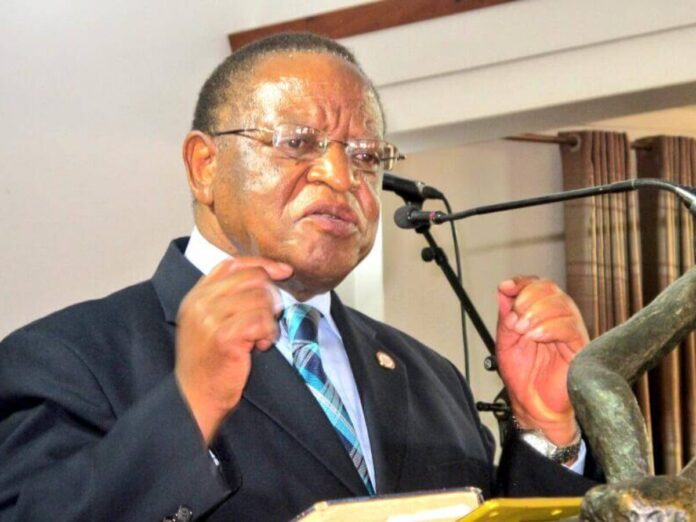Dr. Ezra Suruma, the former Minister of Finance Planning and Economic Development, has suggested that the National Coffee Bill 2024 be subjected to a referendum in order to allow citizens to decide the future of the Uganda Coffee Development Authority (UCDA).
Dr. Suruma made these remarks in the wake of the controversial rationalization of government agencies and UCDA in particular that is to be returned to the Ministry of Agriculture.
He emphasized the importance of specialized institutions running their own affairs, arguing that the quality of service delivery would suffer if critical entities like UCDA, Mulago Hospital, or Makerere University were to be relegated to mere departments.
“It is important to maintain UCDA as an autonomous entity rather than folding it into the Ministry of Agriculture; this move, I believe, could jeopardize the quality and efficiency of Uganda’s coffee exports,” Suruma said.
Dr. Suruma addressed the government’s decision to rationalizing agencies, which he interpreted as a cost-cutting measure.
He, however, recalled the establishment of UCDA in 1990, which was designed to be self-sufficient through a 1% cess on coffee exports.
“This revenue model allowed UCDA to operate without government funding, but when the cess was increased to 2%, the resulting surge in revenue attracted government interest, leading to a takeover of these funds,” Suruma noted.
He further stated that when coffee production soared, the Ministry of Finance decided to absorb the cess, effectively transforming UCDA into another department reliant on government funding.
“This may be the fatal mistake that UCDA made; instead of reducing the cess in light of increased coffee exports, UCDA opted to raise it, resulting in significant revenue that the government then appropriated,” Dr. Suruma added.
Drawing parallels to historical privatization efforts in Uganda, Dr. Suruma recounted his fight to restore Uganda Commercial Bank to profitability, only to discover that the motives behind the push for privatization were misleading.
He therefore argued that the current situation with UCDA reflects a similar misunderstanding of the true needs of the coffee sector.
Dr. Suruma asserted that the issue at hand is not about cost-cutting, saying even a reduced cess of 0.25% would adequately fund UCDA’s essential functions, such as quality supervision, research promotion, and increased production.
He noted that countries like Costa Rica and Colombia, which excel in coffee exports, maintain autonomous institutions dedicated to this purpose.
He then expressed concern over the inefficiencies that could arise from merging UCDA into a larger bureaucratic structure, citing the challenges faced by exporters in obtaining necessary certifications from the Ministry of Agriculture.
ALSO READ: https://nexusmedia.ug/coffee-hullabaloo-in-uganda-and-hidden-facts-about-ucda/?amp=1















